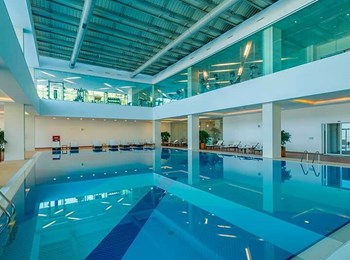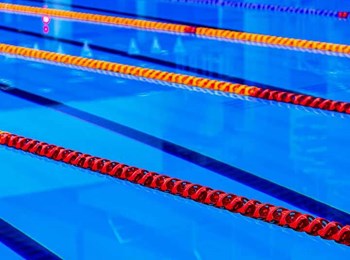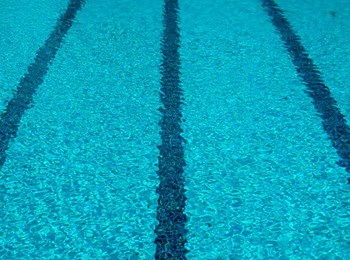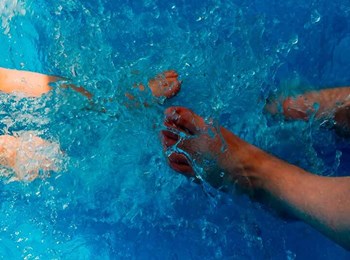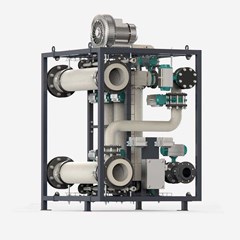Many conventional pool filtration systems use large amounts of chemicals to perform effectively. Yet too many chemicals are not good for human health nor the environment. But the massive chemical consumption is not even necessary because modern pool filtration systems can deliver cleaner water with significantly reduced chemical consumption. Let us dive into the details of sustainable pool filtration systems with reduced chemical consumption.
Many conventional pool filtration systems, e.g., sand filters, have a large pore structure, making them unable to retain particles smaller than 10-20 microns. This is unsound for pool filtration as the filter cannot retain bacteria, which is approximately 2-3 microns. These technologies heavily rely on chemical treatment to offer effective cleaning of swimming pool water. Chemicals cannot be avoided in pool filtration. Chemicals are essential to obtain clean and clear water, which is safe for humans. A pool will quickly turn into a health concern filled with bacteria, viruses, and harmful parasites and particles if no chemicals are used. All swimming pools require a low level of chemicals to be safe to jump into. Thus, it is not realistic, safe, or desirable to have a completely chemical-free pool. Yet, it is realistic, safe, and desirable to use as low concentrations of chemicals as possible to provide a healthy environment. Chemicals should be used intelligently as well as in moderation.
